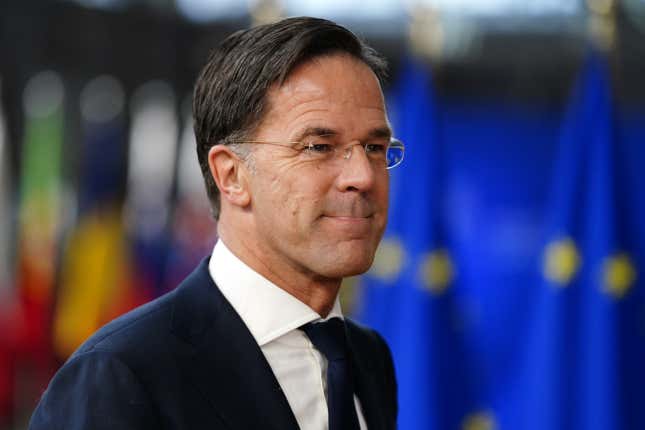
On Monday, Dutch Prime Minister Mark Rutte issued a 20-minute public apology for his country’s participation in the transatlantic slave trade.
In his mea culpa, Rutte expressed regret “for the actions of the Dutch state in the past: posthumously to all enslaved people worldwide who have suffered from those actions, to their daughters and sons, and to all their descendants into the here and now.”
Rutte said all the right things, calling slavery “ugly, painful, and even downright shameful.” But while some are giving him props for speaking out on the subject, critics are calling out the speech for being light on a plan forward, including the payment of reparations.
“Reparation wasn’t even mentioned,” said Mitchell Esajas, director of The Black Archives. “So, beautiful words, but it’s not clear what the next concrete steps will be.”
Reparations has been a hot topic in the United States, with places like California and Boston studying the best way to compensate the descendants of slaves. But Prime Minister Rutte said Dutch citizens shouldn’t bother checking for a direct deposit from the government any time soon. Instead, he says they plan to set aside $212 million, which will be used to address the legacy of slavery in the Netherlands and help educate people on the issue.
But as Waldo Koendjbiharie, a Dutch citizen who was born in Suriname, said, talk is cheap. “It’s about money. Apologies are words, and with those words, you can’t buy anything,” he said.

